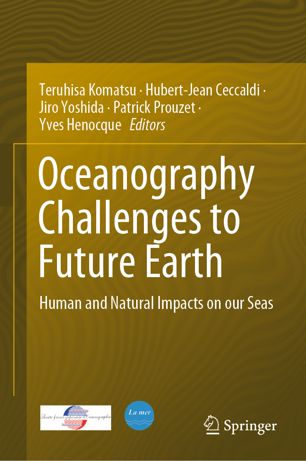

Most ebook files are in PDF format, so you can easily read them using various software such as Foxit Reader or directly on the Google Chrome browser.
Some ebook files are released by publishers in other formats such as .awz, .mobi, .epub, .fb2, etc. You may need to install specific software to read these formats on mobile/PC, such as Calibre.
Please read the tutorial at this link: https://ebookbell.com/faq
We offer FREE conversion to the popular formats you request; however, this may take some time. Therefore, right after payment, please email us, and we will try to provide the service as quickly as possible.
For some exceptional file formats or broken links (if any), please refrain from opening any disputes. Instead, email us first, and we will try to assist within a maximum of 6 hours.
EbookBell Team

0.0
0 reviewsThis book documents the effects of natural hazards on coastal ecosystems in detail. The sea is an indispensable component of the Earth system, and human societies obtain many goods and services from the marine environment. Global warming threatens marine ecosystems through seawater temperature rise, acidification, sea-level rise and the increased frequency of severe storms. The repeated effects of tsunamis also have major impacts on coastal ecosystems. Increases in population and industry activities along the coast cause the degradation of coastal ecosystems through direct and indirect uses of the environment such as reclamation, overexploitation of bioresources, and pollution. Given these facts, we need to improve our understanding of the physical, chemical and biological mechanisms characterizing marine ecosystems, in order to better measure the effects of anthropogenic and natural impacts on the sea and its ecosystems. Equipped with a comprehensive understanding of the sea, including the effects of the main pressures on it, we will have a better idea of the future state of the sea based on several scenarios of global warming.
The 16th France-Japan Symposium on Marine Science focused on using advances in oceanography to better understand the current status of the sea from physical, chemical, biological and ecological perspectives, including fishery sciences and integrated approaches.